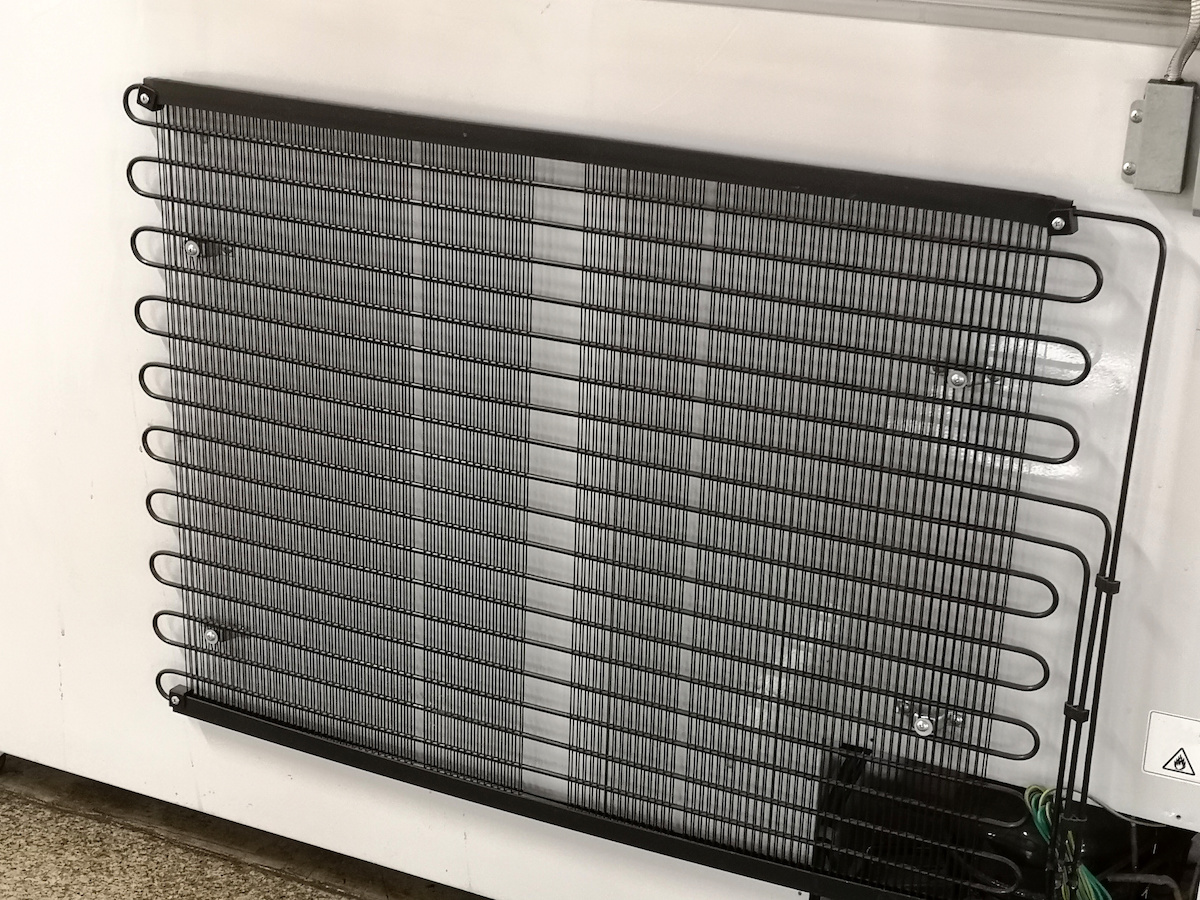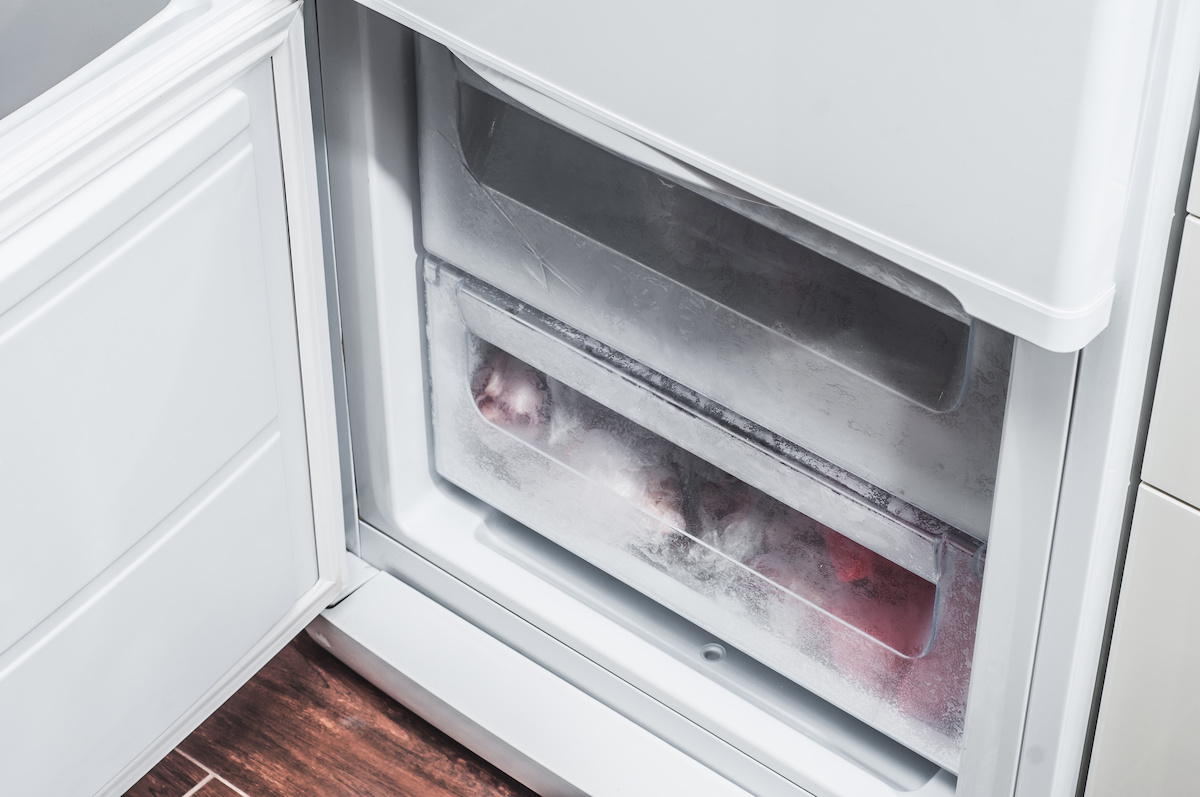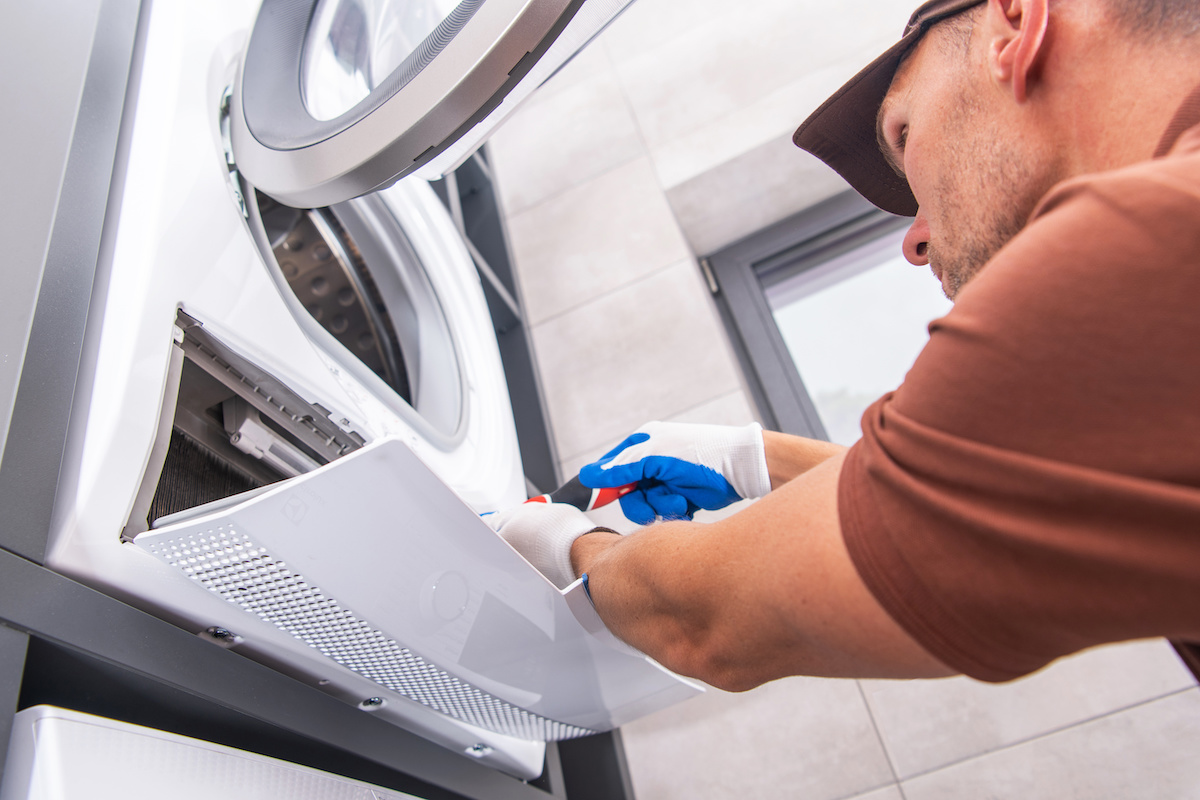
DIY Appliance Troubleshooting Tips
Modern appliances are a cornerstone of our daily lives, making household tasks more efficient and convenient. However, when these trusty devices suddenly malfunction or break down, it can disrupt our routines and lead to frustrating inconveniences. Fortunately, many common appliance issues can be resolved with a bit of know-how and some DIY appliance troubleshooting tips.
In this comprehensive guide, we will explore a wide range of DIY appliance troubleshooting tips, helping you identify and address issues with your appliances effectively.
Understanding the Importance of Appliance Troubleshooting
Before we dive into specific troubleshooting tips, it’s essential to understand why DIY appliance troubleshooting is valuable. Here are some key benefits:
-
Cost Savings
Professional appliance repair services can be costly, especially for minor issues. Troubleshooting and fixing problems on your own can save you money. -
Time Efficiency
Waiting for a technician to arrive and repair your appliance can be time-consuming. DIY troubleshooting allows you to address the problem promptly. -
Empowerment
Learning how to troubleshoot appliances empowers you to take control of your home maintenance. It’s a valuable skill that can serve you well throughout life. -
Environmental Impact
Repairing appliances instead of replacing them is environmentally friendly, reducing electronic waste.
Safety First: Precautions Before You Begin Appliance Troubleshooting
Before attempting any DIY appliance troubleshooting or repairs, prioritize safety:
-
Unplug the Appliance
Always disconnect the appliance from the power source before inspecting or attempting repairs. For gas appliances, turn off the gas supply as well. -
Wear Protective Gear
Depending on the appliance and the task, wear appropriate safety gear, such as gloves and safety glasses. -
Refer to the Manual
Consult the appliance’s user manual for safety guidelines and troubleshooting tips specific to your model. -
Know Your Limits
If a repair seems too complex or potentially hazardous, it’s wise to seek professional help.
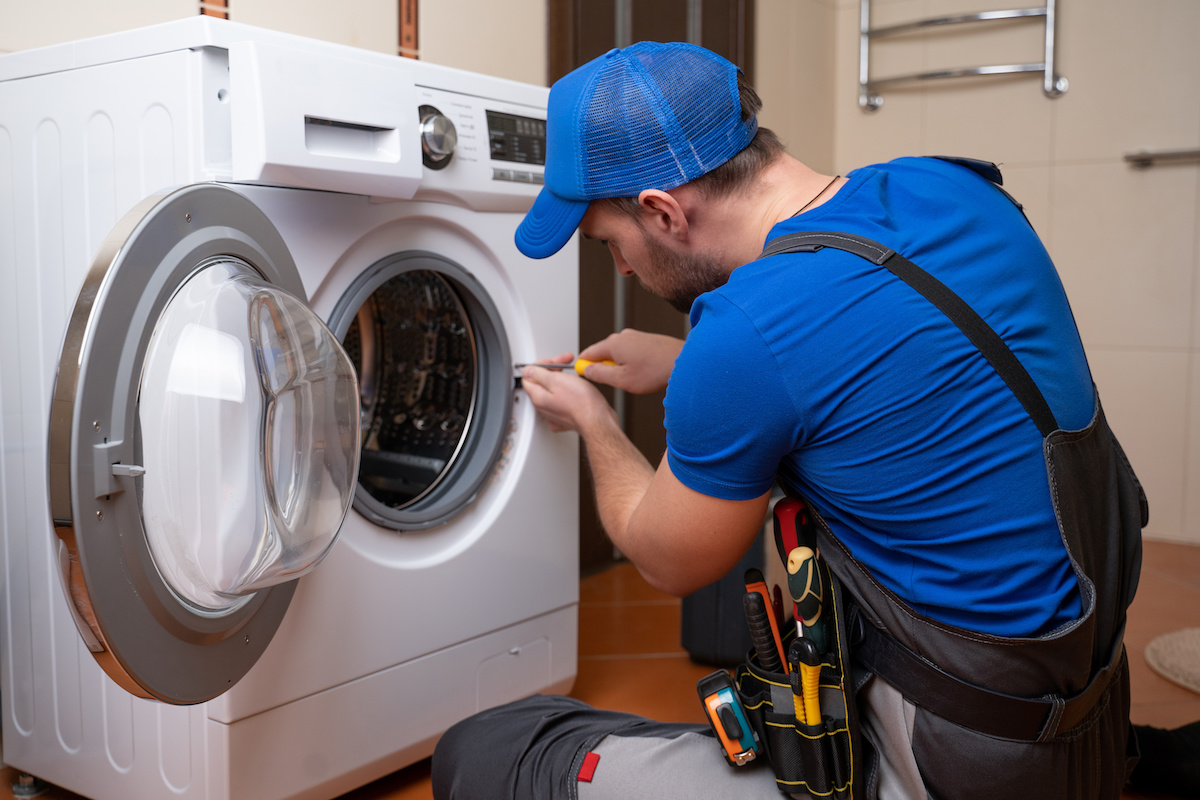
Common Appliances and Their DIY Troubleshooting Tips
Refrigerators
-
Fridge Not Cooling:
If your fridge isn’t cooling properly, check the thermostat settings, clean the condenser coils, and ensure proper airflow around the unit. -
Leaking Water:
A leaking fridge may have a blocked or frozen defrost drain. Defrost and clear the drain to resolve this issue. -
Noisy Operation:
Unusual noises can result from a faulty evaporator fan, a malfunctioning condenser fan, or ice buildup. Inspect and clean these components as needed.
Washing Machines
-
Machine Doesn’t Start:
Ensure that the power cord is connected securely. Check the door latch or lid switch, as they can prevent the machine from starting if malfunctioning. -
Leaking Water:
Leaks often occur due to damaged hoses or loose connections. Examine hoses and connections, and replace any damaged parts. -
Agitator Not Moving:
If the agitator isn’t moving, the drive belt may be broken or loose. Replace or tighten the belt as necessary.
Dishwashers
-
Ineffective Cleaning:
If dishes are not clean when they come out of your dishwasher, clean the spray arms, check for clogs in the filter, and ensure proper water temperature. -
Dishwasher Doesn’t Drain:
A clogged drain hose or a malfunctioning pump can cause this issue. Clean or replace the hose and pump as needed. -
Strange Odors:
Run an empty cycle with a cup of vinegar to remove odors caused by food particles and grease buildup.
Ovens and Stoves
-
Uneven Cooking:
If your oven isn’t cooking evenly, it may need calibration. Refer to your oven’s manual for instructions on calibrating the temperature settings. -
Gas Burner Won’t Ignite:
Ensure that the gas supply is turned on. Clean the burner ports and igniter if they are dirty. -
Electric Burner Malfunctions:
If an electric burner isn’t heating properly, check for loose connections or a damaged heating element.
Microwaves
-
Microwave Won’t Start:
Examine the power cord and outlet for any issues. Also, ensure that the door is closed securely. -
Uneven Heating:
If the microwave isn’t heating food evenly, it might be due to a faulty turntable motor or a malfunctioning magnetron. Check and replace these components as needed.
Clothes Dryers
-
Not Drying Clothes:
Clean the lint filter and exhaust duct to improve airflow. Additionally, check the heating element or gas valve for defects. -
Loud Noises:
Unusual noises can stem from worn-out drum rollers or damaged blower wheels. Replace these parts to resolve the issue. -
No Power:
Verify that the power cord is connected and that the circuit breaker hasn’t tripped.
General Tips for Troubleshooting Appliances
-
Check the Power Source:
Verify that the appliance is properly plugged in or that the circuit breaker hasn’t tripped. Sometimes, a loose power connection or a blown fuse can cause an appliance to appear non-functional. -
Inspect for Loose Connections:
Loose wires or connections can lead to electrical problems in many appliances. If you’re comfortable doing so safely, inspect and tighten any loose connections. -
Clean and Maintain Regularly:
Routine cleaning and maintenance can prevent many appliance issues. Remove debris, dust, and lint from vents, filters, and coils. Clean or replace filters as recommended by the manufacturer. -
Examine Hoses and Water Lines:
For appliances like washing machines and dishwashers, check water hoses and lines for leaks, cracks, or blockages. Replace damaged hoses or lines promptly to prevent water damage. -
Ensure Proper Ventilation:
Appliances that generate heat, such as ovens, dryers, and refrigerators, require adequate ventilation. Ensure that vents and exhaust systems are clear and unobstructed to prevent overheating. -
Monitor for Unusual Sounds or Odors:
Pay attention to unusual sounds, such as grinding, squeaking, or banging, as well as unusual odors like burning or electrical smells. These can be early indicators of problems that need attention. -
Observe Error Codes and Indicator Lights:
Many modern appliances display error codes or indicator lights when an issue arises. Consult the appliance’s manual to understand the meaning of these codes and take appropriate action.
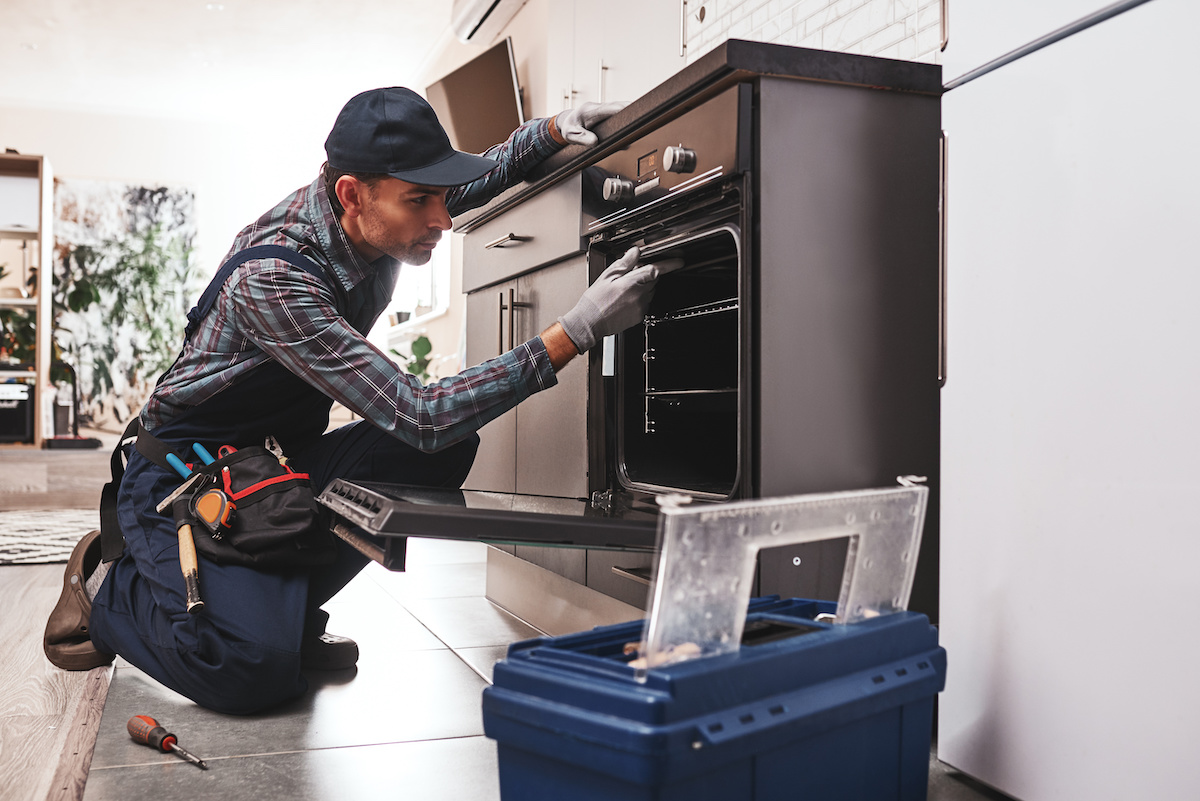
Reach Out to a Professional Appliance Repair Service After Trying These Appliance Troubleshooting Tips
While attempting DIY appliance troubleshooting can be effective for addressing common issues, there are several scenarios in which it is advisable to reach out to a professional appliance repair service:
Safety Concerns
If you encounter an issue that poses a safety risk, such as electrical problems, gas leaks, or complex mechanical failures, it’s crucial to prioritize safety. Appliance repair professionals are trained to handle potentially dangerous situations and have the necessary expertise and equipment to do so safely.
Complex Repairs
Some appliance problems may require specialized tools, technical knowledge, and experience to diagnose and fix correctly. If you’re unsure about the root cause of the issue or the repair involves intricate components, it’s best to leave it to professionals.
Warranty Coverage
If your appliance is still under warranty, attempting DIY repairs may void the warranty. Professional repair services are often authorized by manufacturers to perform warranty repairs, ensuring that your appliance remains covered.
Time and Convenience
DIY troubleshooting can be time-consuming, especially if you’re not familiar with the appliance’s inner workings. A professional repair service can diagnose and fix the problem more efficiently, minimizing downtime and inconvenience.
If you’ve exhausted all of these appliance troubleshooting tips and are still struggling with an ineffective appliance, reach out to our team at Atlanta Appliance Services. We’d love to help you get your appliance back up and running properly!

